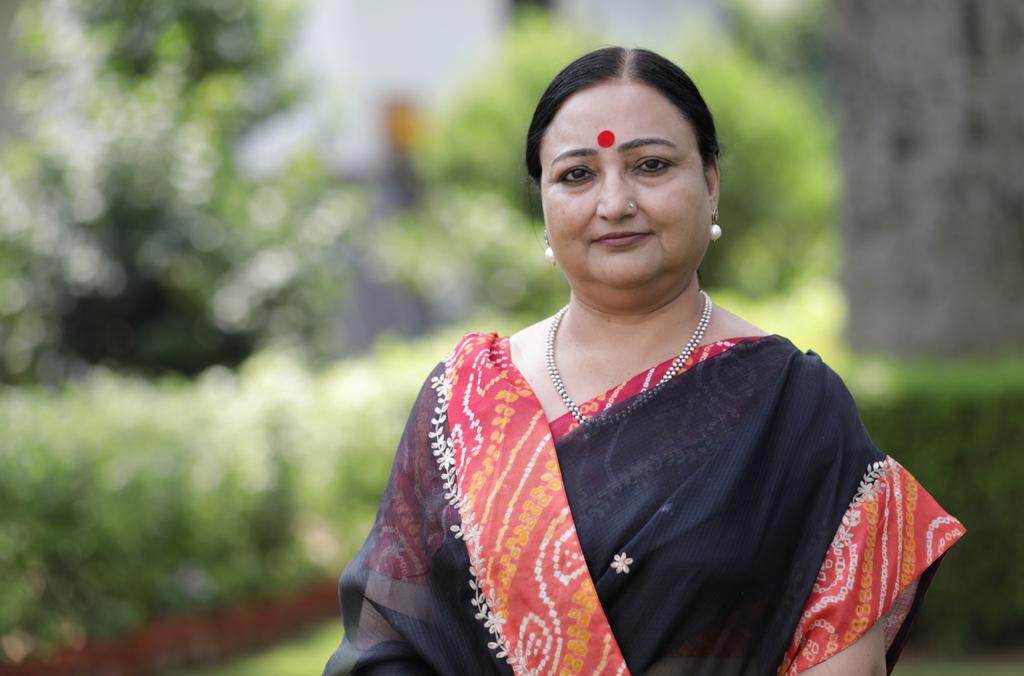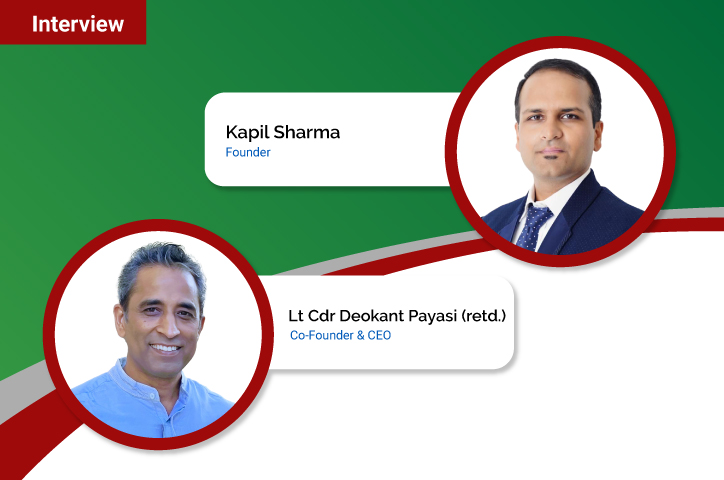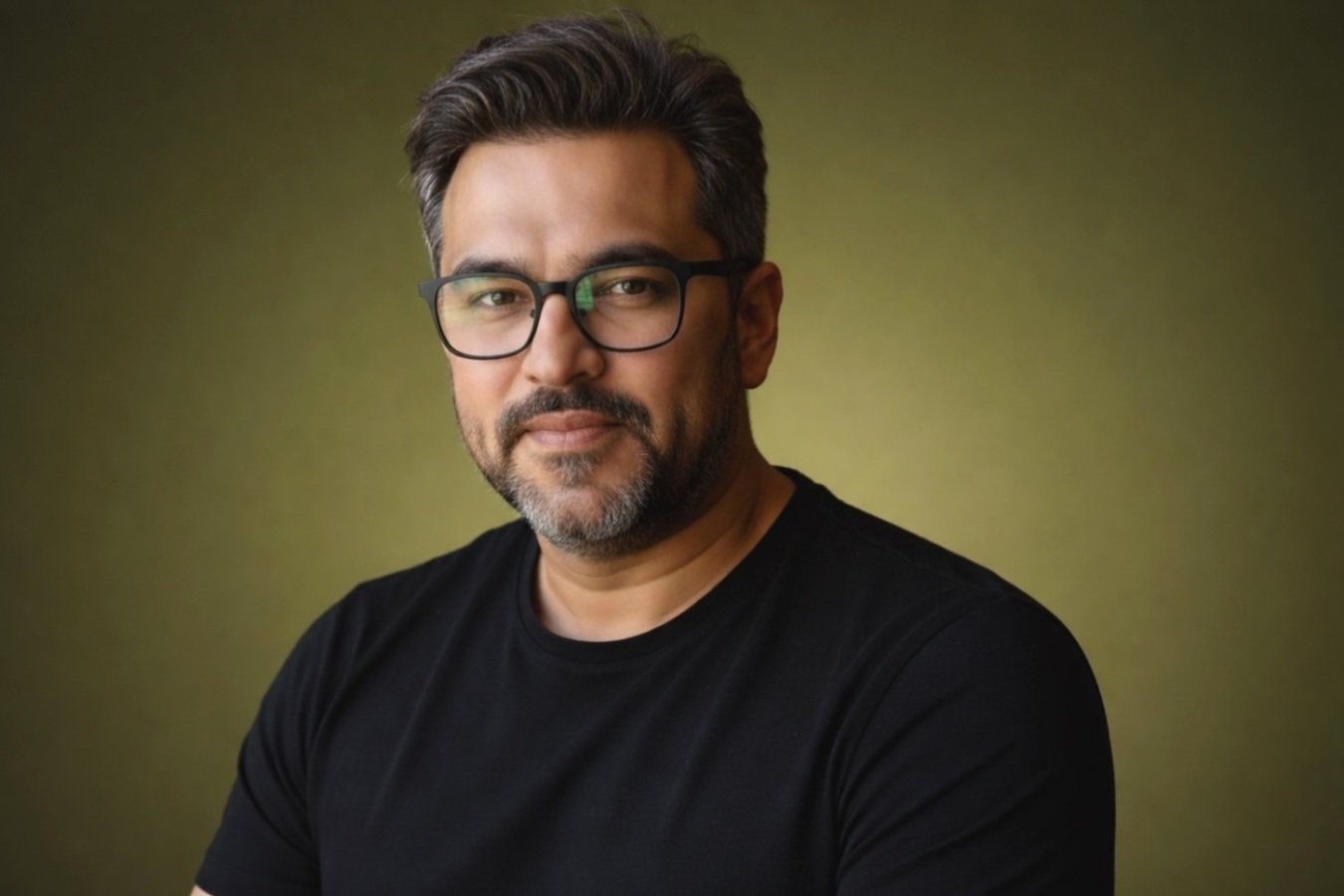Ensuring participation of differently-abled children in school sports is vital for their physical health, emotional and social growth, as it fosters self-esteem, confidence, and belongingness while breaking down stereotypes and promoting understanding and respect for individuals with disabilities.
The Special Olympics is a global movement founded in 1968 that utilizes sports and education to promote acceptance of all people, with over six million athletes in 170 countries and territories. Special Olympics Bharat is a National Sports Federation in India that operates under the umbrella of the global initiative, conducting sports and development programmes for individuals with intellectual disabilities. Its initiatives include the Special Olympics Unified Schools programme, which seeks to end stigmatization around intellectual disabilities in schools, colleges, and universities.
In this interview with TheCSRUniverse, Dr. Mallika Nadda, Chairperson of Special Olympics Bharat, discusses the programme's benefits, challenges in promoting inclusivity in schools, and the organization's vision for promoting sports for individuals with intellectual disabilities in India. She also talks about the social impact of current initiatives and plans for expanding the programme's reach. Read the full interview below.
Interview with Dr. Mallika Nadda, Chairperson, Special Olympics Bharat
Q: What are the key components and benefits of a Special Olympics Unified Champion Schools?
A: Special Olympics Unified Schools have three primary components – inclusive sports, inclusive youth leadership, and whole school engagement. One of the major objectives of these schools is to build an environment where our athletes feel accepted and valued.
Unified Champion Schools not only create an inclusive and welcoming atmosphere, but also promote friendships, set aside negative attitudes, decrease exclusion and bullying, develop various skills among students, and create a community of care and mutual respect.
Q: Please share your vision and goal for India, where despite policies and laws in place democratic access to sports facilities is still a great challenge?
A: We aim to provide year-round sports training and athletic competition in a variety of Olympic-type sports for athletes with an intellectual disability, thereby giving them opportunities to develop physical fitness, showcase their skills and courage, and simply enjoy the process of participation. We have already taken the initiative of setting up Sports centers in every state to make sports accessible to persons with and without Intellectual Disability. We consider sports to be a catalyst in development and inclusion.
At Special Olympics Bharat, we work towards the holistic development of athletes in terms of health, education and leadership. Athletes are encouraged to expand from the Special Olympics sports training and competition into school and community programmes where they can continue to develop beyond sports. Besides, we also strive to ensure maximum community involvement as well as build capacity by training coaches, special educators and teachers.
Q: Why has it become imperative to incorporate inclusivity as part of school and other educational institutions' curriculum? Please share your observations on the reasons and existing challenges?
A: We believe that people with intellectual disabilities should be able to learn, enjoy and benefit from participation in physical activities and sports, as much as anyone else. They are immensely talented and deserve to have their talent utilised and showcased. An inclusive environment is therefore extremely important for special children to feel welcomed and accepted. Incorporating inclusivity as part of the school curriculum will inculcate in fellow students as well as teachers a sense of treating everyone equally and providing each child with the same opportunities. The idea is not for an athlete to just focus on winning, but feeling brave in their attempt of taking part in sports and other activities.
Sport is known to strengthen and develop people with and without intellectual disability, physically, mentally, socially and spiritually. Inclusion through sports in educational institutions will help the community break mind-sets through awareness and participation.
Q: How do you think corporates investing in CSR for sports and education can support this initiative and expedite the efforts of Special Olympics Unified Champion Schools?
A: CSR for sports and education can lead to upliftment in both sectors, while also making them more accessible. Corporate firms investing in this sector can help initiatives like ours to develop a higher quality infrastructure and also gain recognition and attention. It will also increase our ability to attract more talented individuals as well as coaches and other members of the staff. Inviting experts to train the athletes and coaches would help deliver a superior quality programme right through the grassroots.
Q: What kind of interventions would you like to see that will encourage the entry of these communities into mainstream sports at national as well as international levels? How can other social sector stakeholders including the government help?
A: We have already seen and will continue to encourage support coming the way of our special athletes from across communities, corporates and the government. We have a deeply entrenched and extensive program with a large community of athletes with intellectual disability. The Ministry of Youth Affairs & Sports, Government of India, supports SO Bharat, enabling our participation in the Special Olympics World Games every two years. The medalists are also felicitated with cash awards by the central government, on their return. We would really like the corporates to extend support. This support could come by way of employers playing along-side the athletes while also increasing their engagement beyond the sports field, like, offering skill training and supporting their economic rehabilitation.
Participating in mega- events like the world games is an opportunity to showcase sporting talents of persons with Intellectual Disability and for breaking prejudices which exist in the mind of the society
Q: Please elaborate on your current initiatives and the social impact of the same?
A: We are presently involved in training young athletes in 25 Olympic-style individual and team sports for persons with intellectual disabilities, as well as training coaches who can further train our athletes professionally. We conduct National Coaching Camps every year. These camps are supported by the Ministry of Youth Affairs and Sports and Sports Authority of India. Each camp gives athletes and coaches the opportunity to be trained in a specific sport and international standards to face global competitions.
Besides promoting healthy athletes, we also focus on building communities through unified sports, youth activation, sibling engagement, family support network etc. These initiatives bring together persons with and without intellectual disabilities to train and also have fun in a variety of sports. It also gives our athletes a chance to interact with members of the community and also choices outside of Special Olympics.
Q: What has been your geographical reach and are you planning to expand that further?
A: Special Olympics Bharat is headquartered in Delhi and works throughout India. Our athletes and coaches come from all parts of India, both urban and rural. Since its inception, athletes of Special Olympics Bharat have participated in 15 World Summer and Winter Games, where they have also won 1499 Medals in gold, silver and bronze.
Our number of athletes has been growing each year and we strive to keep this going. Our goal is to reach out to over 100,000 people with intellectual disabilities in India every year. Besides the World Games, several international sporting events provide opportunities for our athletes in different global locations and inclusive environments, which help our athletes to make an incredible mark on the world.
Q: Currently, how many schools and higher educational institutions have joined this initiative?
A: Approximately 50,000 schools colleges and universities are engaged with SO Bharat in one way or the other. Since 2018 we have over 500 schools and colleges which have regularised Unified sports and encouraged the youth to work inclusively and take a lead in bringing about a change through year-round engagements, within an environment of equity.
Q: How are you raising awareness about this initiative and how has been the acceptance level of educational institutions so far? Please share any hurdles that you might have faced.
A: Year-round engagements, involving youth with and without intellectual disabilities working with each other at every level are impacting everyone. Increased engagements is bringing about a change in the attitude and raising acceptance of differences. School sports day, Annual day, assemblies, parent teachers’ meetings etc. are opportunities where Special Olympics initiatives are infused.
Challenges manifest in the form of slow acceptance of differences, many a times due to lack of awareness. There is a general hesitation and at times fear in the minds of people. This diffuses when interaction increases. Sometimes the parents of persons with intellectual disabilities are overly protective, uncomfortable to send them alone. But when they participate independently in national level camps, participate in events held in schools and colleges, they too realise that these special athletes have a potential to be confident and independent.
Studies have shown that students without disabilities who are a part of inclusive education tend to perform better in their studies and overall life skills. At the same time, studies have also shown that inclusive education is one of the most viable ways to support education of students with disabilities without much financial impact if done in an efficient way.
Q: What is your roadmap for the future?
A: Sustained Quality Growth. With an estimated 29 million athletes with intellectual/ developmental disabilities, we have huge ground to cover and need every part of the society to join hands with us. We want the media to help us bridge this gap between ignorance and acceptance. We aim to further strengthen our partnership with the Government of India, Ministry of Youth Affairs and Sport and other associated sports bodies and federations to bring about inclusion via sports for people with intellectual disabilities.
We will continue to reach out to more and more people with intellectual disabilities from all parts of India, as well as a number of coaches. Our main focus has always been to reach out to entities from diverse fields and create an Inclusive Society through integration and collaboration and to transform lives by having the athletes go well beyond sporting experience.
















.jpg)


